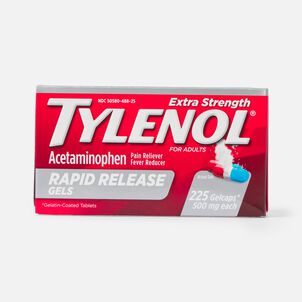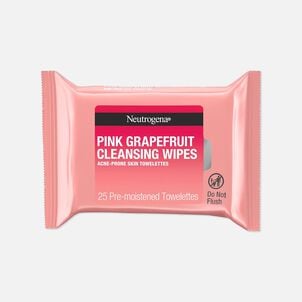For many people, FSAs provide an element of security when it comes to handling health care costs. The tax breaks that come along with them are an added bonus.
But FSAs are usually talked about in terms of a health plan through a standard employment arrangement, which leaves many of you out there who are self-employed wondering: what about me? Let's deep dive into the nuances of FSAs for the self-employed so that you know what your options are.

Self-employment and FSAs
FSAs are special types of accounts that allow employees to contribute money that can later be used for out-of-pocket healthcare costs like copayments, deductibles, and prescriptions.
This money is not taxable, which means you'll save the same amount of money that you would have had to pay taxes on, which is a nice little bonus. Employers also have the option of making contributions to an FSA.
The drawback with FSAs is that if you're self-employed, you're not currently eligible to open an FSA. Only permanent employees working for a company that offers an FSA option can enroll in the program. You can however set up an FSA for your employees and save on the Social Security and Medicare taxes for contributions your employees make to the plan.
Because of the way that FSAs are set up, if you're self-employed, you'd be making contributions to yourself, which isn't allowed. Current laws don't allow you to pay yourself by depositing money in an FSA, but there's hope, thanks to another way to get your tax break!
Tax-free funds for the self-employed
The good news is that if you're self employed, you do still have options to help defray the costs of your healthcare, including setting up a health savings account (HSA). While an HSA is very different than an FSA, its benefits – and the way it's set up – have some similar traits and tax-savings.
With an HSA, you can use the money for physicals, check-ups, prenatal care, immunizations, weight loss programs and screenings for cancer, heart disease and vision and hearing disorders.
To open an HSA, you:
- Must be enrolled in a high-deductible insurance plan (HDHP)
- Can't be enrolled in other medical coverage, including Medicare
- Can't be claimed as a dependent on someone else's tax return
To meet the "high-deductible" requirement, your deductible must be between $1,600 to $8,050 per year for an individual, and $3,200 to $16,100 per year for families.
Other important things to know about HSAs include:
- Contributions are tax-deductible
- Your contributions earn tax-free interest
- Qualified distributions from your HSA are tax-free
- You can invest your contributions in stocks, bonds, and mutual funds
- Your funds don't expire, so your money rolls over every year, which isn't a feature of FSAs
One last thing to keep in mind about HSAs is that as of 2024, you can only contribute a maximum of $4,150 annually for individual coverage, and $8,300 for family coverage. If you're 55 or older, you can contribute an additional $1,000 to your individual or family plan.
If you're self-employed and always wanted to enjoy the same tax savings as your friends with FSAs, take another look at opening a health savings account! The accounts might be different, but the same tax-free funding is there to help with all your medical needs.
-
Thank you for visiting the FSA Store Learning Center. Don’t forget to follow us for more helpful tips on Facebook, Instagram, and Twitter.


















